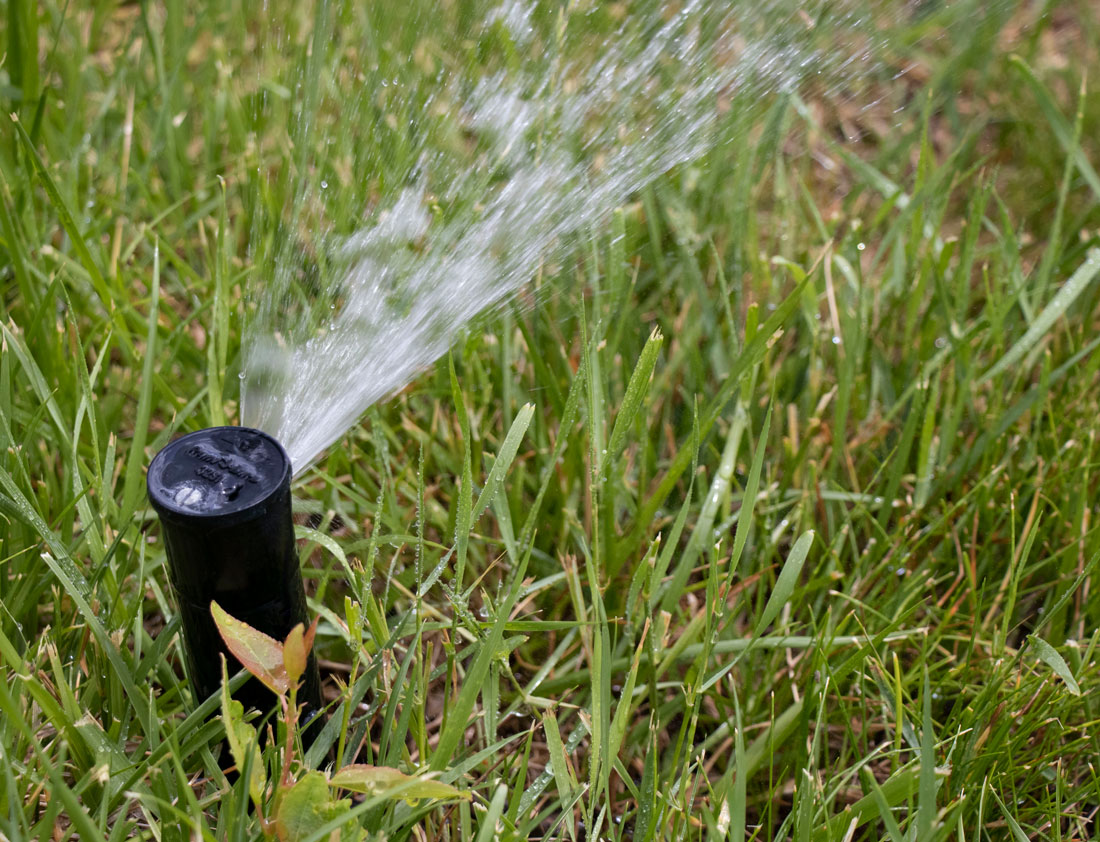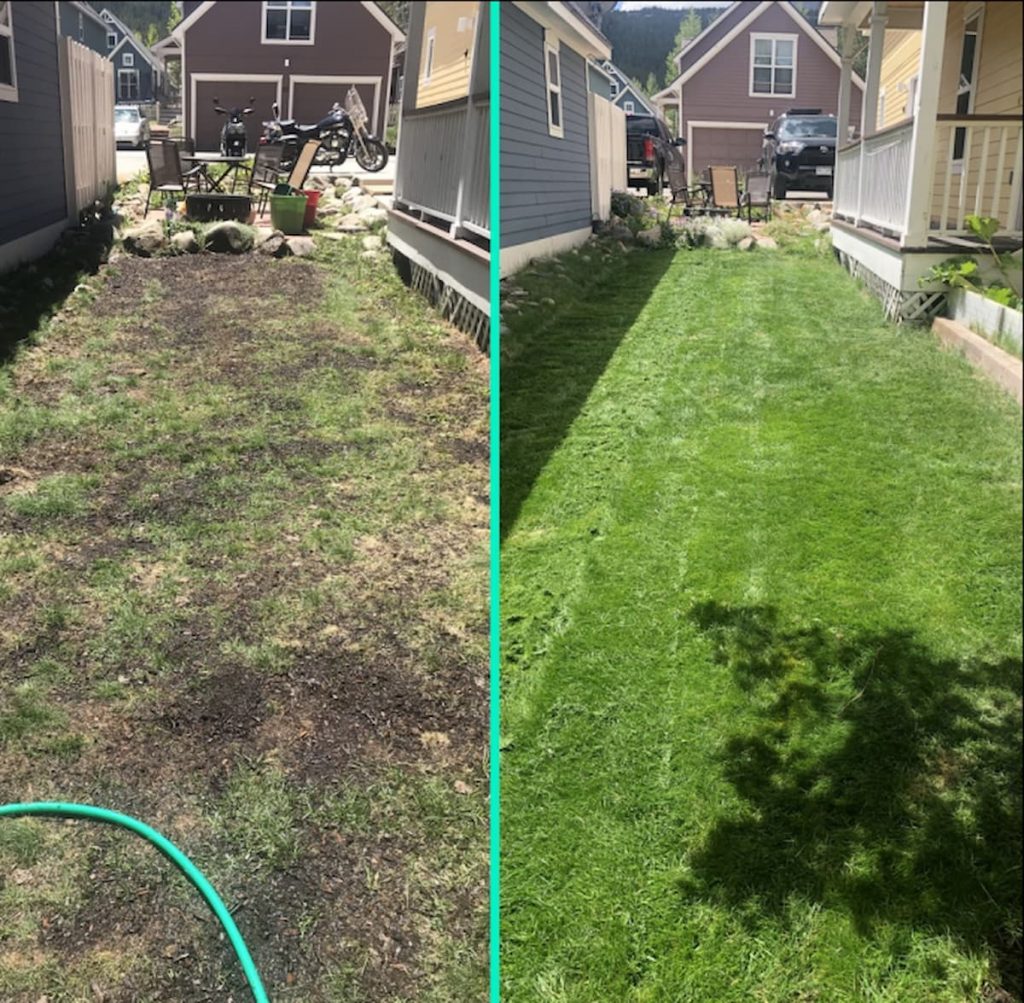
Dear Eartha, even with all the rain, my neighbor’s sprinklers are running every day. It drives me crazy. Is there anything I can do?
It’s downright discouraging to see sprinklers running in the rain, especially since we’re still in a drought. Yep, despite the deluge. Just last week, federal officials gave Western states more time to negotiate water cutbacks required to protect the Colorado River, which is used for drinking water, agriculture and power supplies.
These new restrictions will be added to existing cutbacks that were agreed upon a few years ago. For example, in 2023 Arizona will have to decrease withdrawals from the river by 21%. Can you imagine suddenly having 21% less water? It might seem drastic, but if we wait until the rivers dry up to find a solution, we won’t have any options left. In short: Now’s the time to act.
Start the conversation
If your neighbor doesn’t seem to care, brush up on tips for talking about climate change. Without ever saying the words “climate change,” you can often find common values and, in Summit County, a shared passion for outdoor spaces.
If the offender is a managed property like townhomes or condos, talk to one of the residents. They could call the homeowners’ association or may be able to tell you who manages the association. Give the manager a call and ask them to turn off irrigation systems in the rain. This could save major dollars, especially in the case of associations or homes with large areas of irrigated grass. You could even point them to Water Smart, a local program that helps residents and businesses keep lawns healthy without wasting water.
My hope is that your neighbor cares a lot. In fact, in the July 26 Breckenridge Town Council work session, consultants updating the Sustainable Breck Plan noted that water was a top priority for residents. It’s possible that someone set your neighbor’s watering schedule years ago and they’re just not aware of common tools like rain sensors that can prevent watering during a storm.
Understand compost and other lawn tips
Should you discover that your neighbors (or friends, co-workers and book club members) care, be ready to share some knowledge and lead by example. Familiarize yourself with water-saving tips, such as applying compost, which helps the soil retain moisture. Sprinkle it right on your grass each year and save some cash by watering less frequently.
It’s also important to understand when and how much to water your grass so that you’re nurturing deep roots and setting an appropriate schedule for the clay soils common in Summit County. Colorado State University Extension offers resources to get you started. But you’ll want to consider all the differences across the state, the county, and even in your own yard, especially where shade from a tree gives way to scorching all-day sun.
And of course, ensure that systems are watering efficiently. The Environmental Protection Agency estimates that up to 50% of the water we use outdoors is wasted due to inefficient irrigation. A fine-tuned, efficient system not only prevents waste, it could cut your summer watering bill nearly in half!
If you’re not sure how to get started, contact a professional certified in efficient irrigation. Several local landscapers are trained, and the High Country Conservation Center is offering a free course for irrigation professionals this fall.

Photo courtesy Corrie Burr
Get to know your watering guidelines
Outdoor watering rules vary. Find out if your town has a schedule at HighCountryConservation.org. And whether or not you’re subject to mandatory watering guidelines, consider cutting back regardless. Some properties have turned off irrigation altogether — and saved big on their water bills — thanks to this summer’s rain showers.
A smart controller — for which the Conservation Center offers rebates — uses local weather data to inform watering. When properly programmed and paired with a soil moisture sensor, your system will irrigate in compliance with local watering local guidelines while adjusting for weather changes.
If all this water talk has you feeling overwhelmed, take a deep breath, because there’s no need to be. Keep those trained irrigation professionals in mind and don’t be afraid to speak up. You may discover that you have more in common with your neighbor than you realize.
